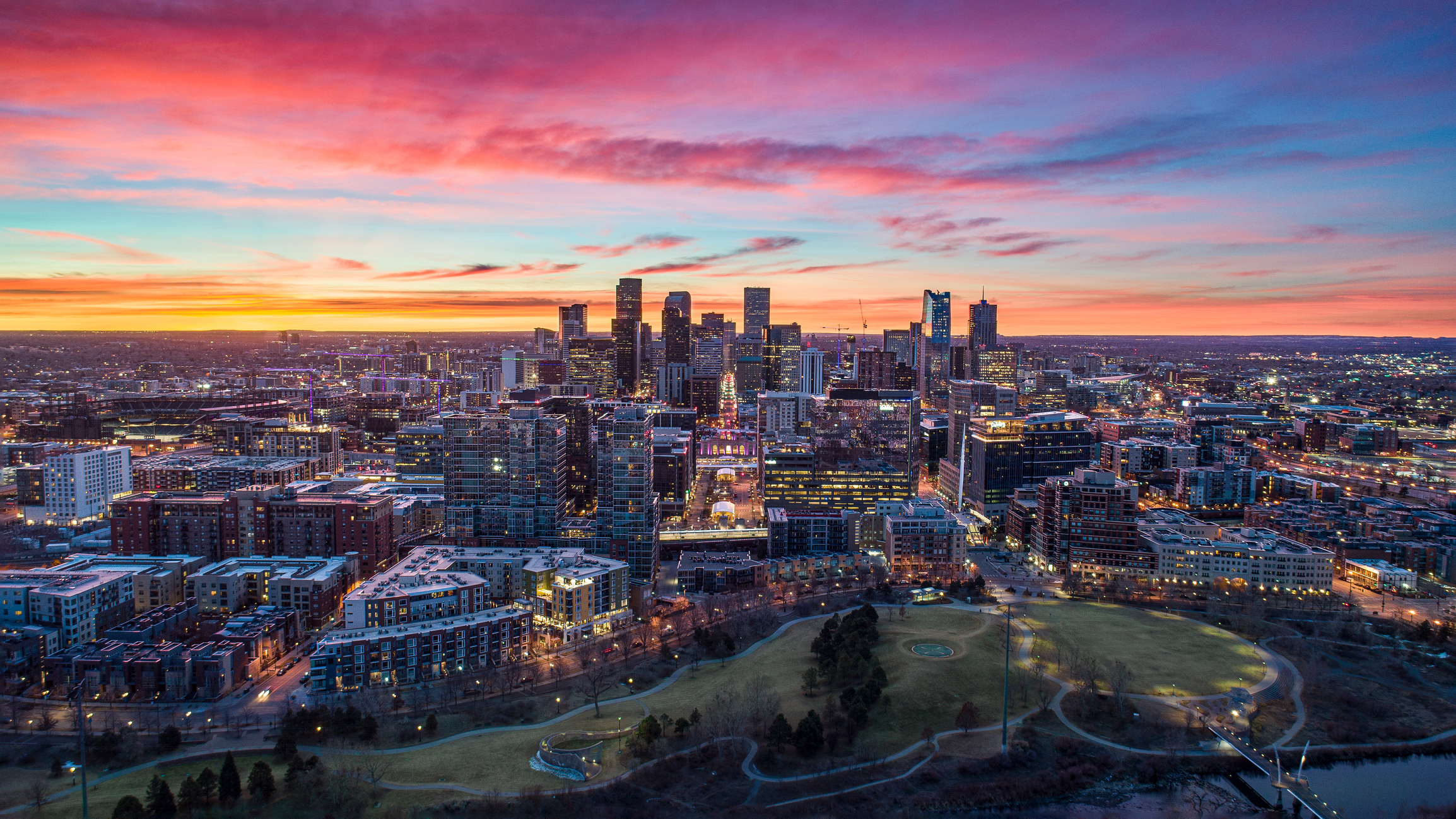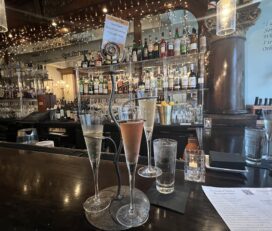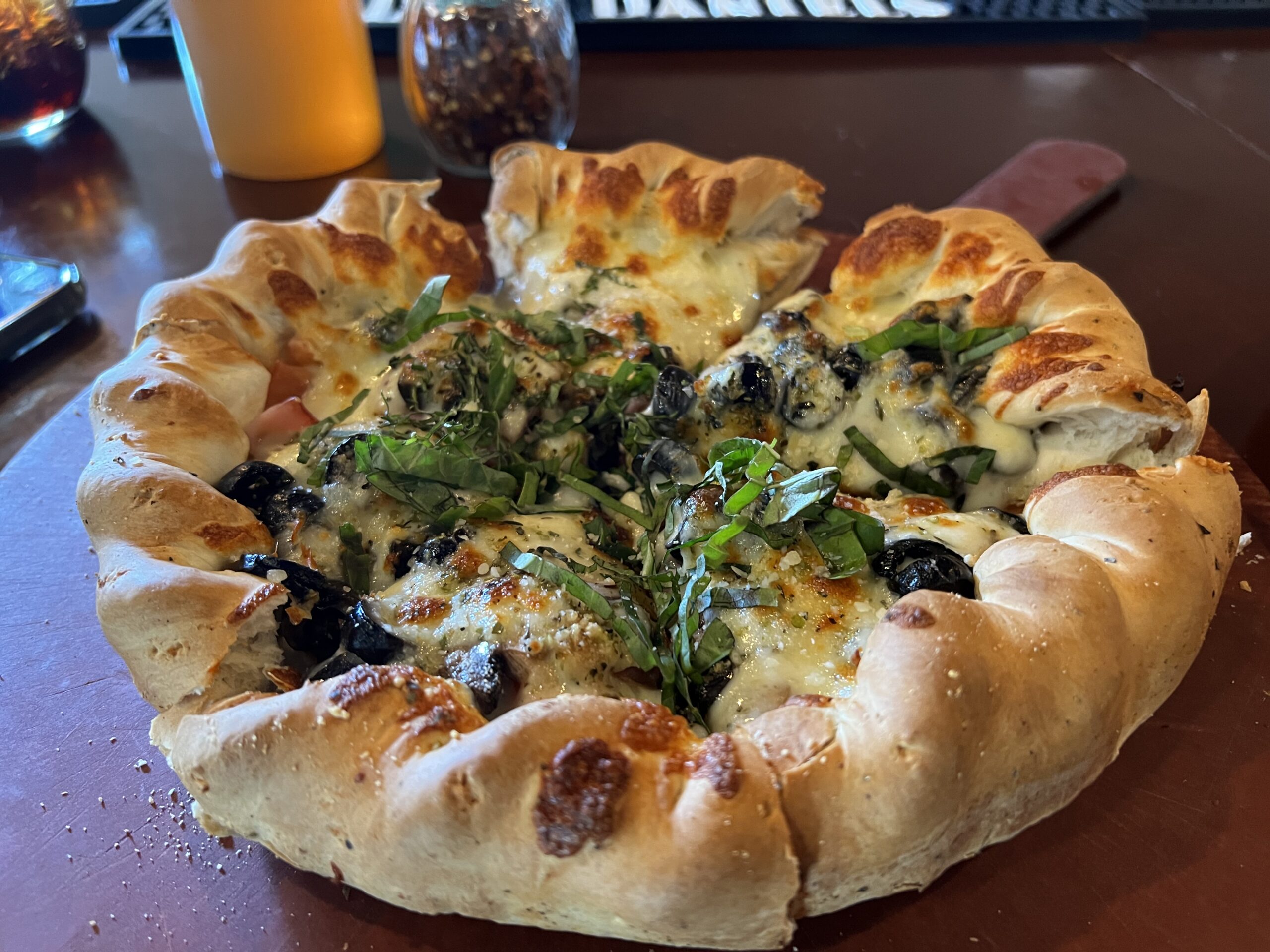- Home
- Travel Guides
- Ultimate Denver Travel Guide
Ultimate Denver Travel Guide
Denver Travel Guide Overview
Welcome to our in-depth Denver Travel Guide, your faithful companion on the journey to discovering the charm of the Mile High City. We’ve curated this guide based on our experiences and insights to provide you with the most authentic Denver experience. Immerse yourself in the city’s rich history, where Victorian style homes and old-world establishments coexist with contemporary architecture and modern amenities. Feel the spirit of the Old West as you explore historical landmarks like the Molly Brown House and the iconic Union Station.
However, Denver’s appeal is not confined to its historical and architectural gems; nature calls out with serene city parks, the towering Rocky Mountains, and the enchanting beauty of changing seasons. Experience the buzzing energy of Denver’s diverse neighborhoods and partake in the city’s culinary wonders, from farm-to-table delicacies at Larimer Square to the street food culture found in numerous food markets. Cap off your journey with a visit to the traditional breweries for a refreshing retreat.
Let this Denver Travel Guide be your passport to unforgettable adventures, where the Old West and modern-day conveniences blend seamlessly, leaving you with treasured memories and a profound appreciation for the Mile High City.
Table of Contents
When to Visit Denver
When planning your trip to the Mile High City, our Denver Travel Guide suggests that the best time to visit Denver depends largely on the activities you’re interested in. This city brims with charm throughout the year, offering a blend of indoor and outdoor activities tailored for each season.
Spring (March to May): Spring in Denver is a season of renewal and reawakening. As snow starts to melt off the mountains, the city becomes a hub for outdoor enthusiasts, with numerous hiking, biking, and sightseeing opportunities. Spring also heralds the start of baseball season, making it an exciting time for sports fans.
Summer (June to August): Summers in Denver are warm and full of activities. From outdoor music concerts and food festivals to visiting amusement parks and exploring the city’s numerous parks and gardens, the list of summer activities is endless. Denver’s proximity to the Rocky Mountains also makes it a perfect base for those looking to indulge in mountain biking, camping, or fishing.
Fall (September to November): Fall is arguably one of the best times to visit Denver, thanks to its breathtaking autumn foliage. As the aspen trees turn a brilliant gold, hiking and scenic drives become even more spectacular. Denver’s culinary scene also comes alive during the fall, with various food and wine festivals taking place throughout the city.
Winter (December to February): For winter sports enthusiasts, there’s no better time to visit Denver. The city is within driving distance of several world-class ski resorts. Even if you’re not into skiing or snowboarding, winter in Denver can be enchanting with holiday lights, ice skating rinks, and cozy cafes offering a warm retreat from the cold. A bulk of my Denver trips have been in the winter for snowboarding and my cousin lives there.
Where to Stay in Denver
When exploring Denver, one of the things you’ll notice is the city’s collection of vibrant neighborhoods, each with its unique charm and personality. This Denver Travel Guide suggests several neighborhoods for visitors, depending on their interests and travel style.
Downtown Denver: For first-time visitors, staying downtown offers easy access to many of the city’s main attractions, including the Denver Art Museum, 16th Street Mall, and Coors Field. This neighborhood is filled with a variety of dining, shopping, and entertainment options.
LoDo (Lower Downtown): This historic district is a bustling area full of restored Victorian-era buildings, trendy boutiques, art galleries, and some of the city’s top-rated restaurants and breweries. Nearby, Union Station is a transportation hub and a destination itself, offering a range of dining and shopping options.
Capitol Hill: If you’re a fan of architecture and history, Capitol Hill is the neighborhood for you. This area is home to many historic mansions and landmarks like the Molly Brown House. You’ll also find a number of unique shops, hip coffeehouses, and diverse dining options here.
Cherry Creek: Known for its upscale shopping and dining scene, Cherry Creek is one of Denver’s most affluent neighborhoods. It’s ideal for those who want to enjoy a more luxurious stay. Don’t miss the Cherry Creek Shopping Center and the nearby Cherry Creek North shopping district.
RiNo (River North Art District): If you’re an art enthusiast or a fan of hip, up-and-coming areas, consider staying in RiNo. This neighborhood is known for its vibrant street art, modern food halls, craft breweries, and trendy galleries.
Highlands: Perfect for those looking for a quieter stay, Highlands offers a blend of old and new Denver. The area boasts charming bungalows, trendy eateries, and indie boutiques. It’s also home to some fantastic viewpoints overlooking downtown Denver.
These neighborhoods embody the spirit of Denver, ensuring that, no matter where you choose to stay, you’ll have an authentic Denver experience. As always, this Denver Travel Guide is here to assist you in exploring all the facets of this beautiful city.
How to Reach Denver
Getting to Denver is quite straightforward, given its well-established connectivity via air, road, and rail. Here are some key points to help you plan your journey:
By Air:
Denver International Airport (DEN) is one of the busiest and largest airports in the United States. It serves numerous domestic and international airlines and is well connected to destinations across the globe. You can check out the list of airlines and destinations on the airport’s official website.
Centennial Airport (APA) and Rocky Mountain Metropolitan Airport (BJC) also serve Denver and cater to private and corporate travel needs.
By Road:
If you’re planning a road trip, Denver is conveniently located at the intersection of Interstates 25 and 70. Major national bus services like Greyhound and Megabus have frequent routes to Denver. You can check their schedules and routes on their respective websites.
By Train:
Amtrak’s California Zephyr line provides scenic rail travel from Chicago to San Francisco, passing through Denver’s Union Station. You can view the schedule and book tickets on the Amtrak website.
Remember, it’s always a good idea to check travel advisories and road conditions, especially in winter months, when weather can affect travel plans. Our Denver Travel Guide is here to assist you in your journey, helping you navigate the city and get the most out of your Denver experience.
Getting around Denver
Denver offers a variety of transportation options, making it easy for visitors to explore the city and its surroundings. From public transit to bike rentals, this Denver travel guide will show you the best ways to navigate Denver:
Public Transit:
-
RTD (Regional Transportation District): Denver’s primary public transit system offers a network of buses, light rail, and commuter rail services covering the Denver metro area. Check out routes, schedules, and fare information on the RTD website.
-
Free MallRide: This free bus service runs along the 16th Street Mall in downtown Denver, making it convenient to move around the city center. You can find more information here.
-
Free MetroRide: Another free bus service by RTD that operates during weekday rush hours and provides convenient access between Union Station and Civic Center. More details can be found here.
Bicycles and Scooters:
-
Denver B-cycle: This city-wide bicycle sharing program is perfect for short trips around the city. Find information on stations, fares, and membership on the Denver B-cycle website.
-
Scooters: Several companies like Bird, Lime, and Lyft operate dockless scooters around Denver. You can download their respective apps to find and rent a scooter.
Rideshare and Taxis:
Rideshare companies like Uber and Lyft operate widely in Denver. For a traditional taxi, companies like Metro Taxi and Yellow Cab serve the city.
Car Rentals:
Several major car rental companies operate from Denver International Airport and downtown locations. Remember that parking in downtown Denver can be expensive and sometimes hard to find.
Walking:
Finally, don’t forget that Denver is a very walkable city, especially downtown. Exploring the city on foot can be a pleasure, especially when the weather is nice.
Our Denver Travel Guide recommends using a combination of these transportation options to experience the city from different perspectives and make your visit truly memorable.
Top Denver Travel Tips
We collected a wide range of travel tips for this Denver travel guide and we hope that it helps you during your next visit to stay safe and have a more enjoyable experience.
-
Altitude Adjustment: Denver is known as the Mile High City because it’s located 5,280 feet (or one mile) above sea level. Some people might experience altitude sickness, so it’s important to stay hydrated and give your body time to adjust.
-
Stay Hydrated: Due to the city’s high altitude and dry climate (it’s basically a desert), it’s essential to drink plenty of water during your visit to prevent dehydration.
-
Sun Protection: Denver sees over 300 days of sunshine each year. Pack sunscreen, sunglasses, and a hat to protect yourself from strong UV rays.
-
Pack for Layers: Denver’s weather can change dramatically throughout the day. It’s advisable to dress in layers so you can adapt to the fluctuating temperatures.
-
Check Event Schedules: Denver hosts many festivals and events throughout the year. Checking the schedule can help you plan your trip around these events or avoid the crowds if you prefer.
-
Use Public Transportation: Denver’s public transit system is efficient and extensive. Make good use of it to save on parking fees and navigate the city easily.
-
Explore the Neighborhoods: Each of Denver’s neighborhoods has its unique charm. Make time to explore areas beyond downtown for a more comprehensive Denver experience.
-
Enjoy the Outdoors: From hiking and biking to skiing and snowboarding, Denver offers plenty of outdoor activities. Don’t forget to include some in your itinerary.
-
Visit the Breweries: Denver is known for its craft beer scene. Take a brewery tour or simply enjoy a local brew at one of the city’s many breweries.
-
Try the Local Cuisine: Denver’s food scene is diverse and delicious. Make sure to try local specialties like the Colorado green chili and Rocky Mountain Oysters.
-
Respect the Environment: Denverites love their city and nature. Make sure to respect local parks, trails, and public spaces during your visit.
-
Experience the Art Scene: Denver’s thriving art scene is not to be missed. Visit the local galleries, especially in the River North Art District (RiNo).
-
Visit Museums on Free Days: Many of Denver’s museums offer free admission on certain days. Check their websites for details and plan accordingly.
-
Take a Day Trip: Denver’s location makes it an excellent base for day trips. Consider visiting places like Red Rocks Park, Boulder, or even Rocky Mountain National Park.
- Check out the Live Music Scene: Denver boasts a vibrant live music scene. If you’re a music lover, don’t miss the chance to catch a concert at the iconic Red Rocks Amphitheatre, or visit one of the many live music bars across the city. Always keep an eye on local event listings to see what’s happening during your visit.
Typical Costs in Denver
Our Denver Travel Guide is here to assist you in planning a memorable Denver experience that suits your budget.
Accommodation
Budget: Hostels and budget hotels can range from $30 – $80 per night depending on the location. For instance, a dorm bed in a centrally located hostel might be around $45, whereas accommodations in more peripheral areas could be cheaper.
Mid-Range: Comfortable, well-located hotels and serviced apartments typically cost between $100 – $250 per night. This range includes many 3-star to 4-star establishments offering good amenities and services.
Luxury: High-end hotels and luxury apartments in prime locations range from $300 to $700+ per night. In places like Downtown or Cherry Creek, staying in a 5-star hotel such as The Four Seasons or The Ritz-Carlton could cost $1000 per night or more.
Food
Budget: For those on a budget, expect to spend around $15 – $30 per day on food. This would cover items like a sandwich or salad from a local deli for lunch, and a dish from a budget diner for dinner.
Mid-Range: Mid-range dining can cost anywhere between $30 – $60 per meal. This might include dining at a nice gastro pub or a casual restaurant where a main course would be around $20-$35.
Luxury: High-end, gourmet restaurants will cost $90+ per person. For instance, dining at a fine dining restaurant in central Denver, such as Guard and Grace, where a three-course dinner without wine can easily exceed $100.
Transportation
Budget: Budget travelers can rely on public transportation. A single journey on the RTD light rail or bus costs $3.00 with a ticket. Buses cost the same per ride.
Mid-Range: For more convenience, consider using taxis or rideshare services like Uber. A taxi ride in central Denver can cost $15-$30 depending on the distance.
Luxury: Luxury transportation options include private car services or black cabs for city journeys, which typically start from $60 for short rides, and can easily exceed $120 for longer trips or luxury vehicles.
Keep these cost estimates in mind as you plan your trip but always double check for the current pricing.
Rate it and leave a comment!
Nearby Places
Posted By
• Create Travel Plans/Trips
• Collect Places You've Been
• Connect with Like-Minded Travelers
• Contribute to the Community by Posting New Recommendations
Already Registered? Login.








